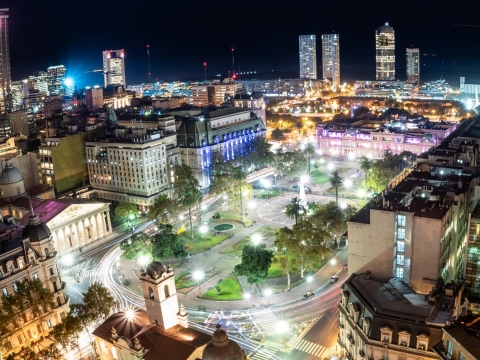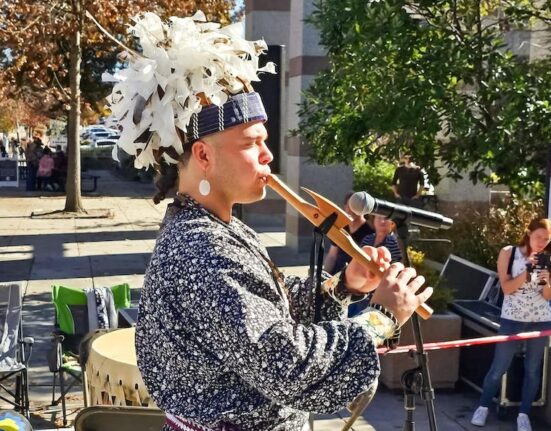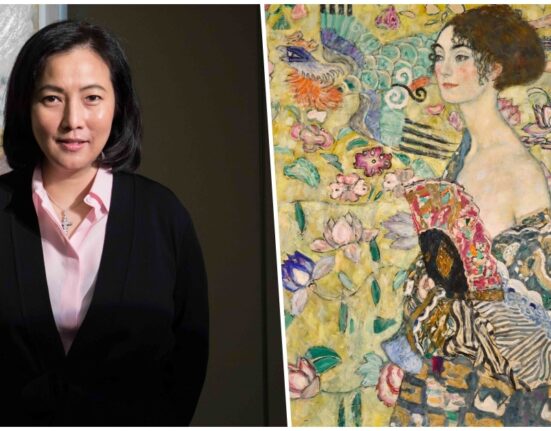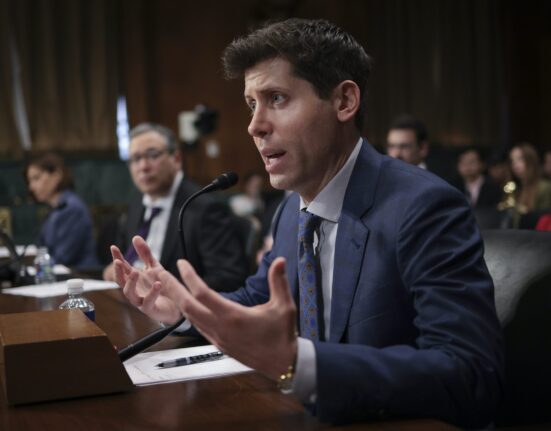“Through the combination of critical excursions, theoretical readings, and conversations with local policymakers and activists, students have access to a sophisticated understanding of the rich complexity of the city,” says Buenos Aires course instructor Cecilia Palmeiro, an expert on Argentinian and Brazilian literature and gender issues.
The habit of deep critical engagement with a location is something she hopes students will take with them long after their study away experience is over.
“We produce a kind of knowledge that fosters reflection and analysis that exceeds the singularity of Buenos Aires and inspires their approach to other places,” she says.
This fall, the 11 students enrolled in the class considered several aspects of Buenos Aires’ past and present—immigration, environmental concerns, art and its role in political protest, and reproductive health.
“Bruno Rodriguez, a leader of Youth for Climate, a political organization in Argentina focused on socio environmental struggles, recently spoke to the class,” says Palmeiro, a researcher at the National Council for Scientific and Technical Research and the coordinator of the Interdisciplinary Center for Gender Studies and Policies at the National University of Tres de Febrero. “It was extremely interesting for students to listen to the voices of young Argentineans who are experts on such an urgent subject from a radical perspective of the Global South. Many students are now doing research on those ideas and also will intern in the organization.”







